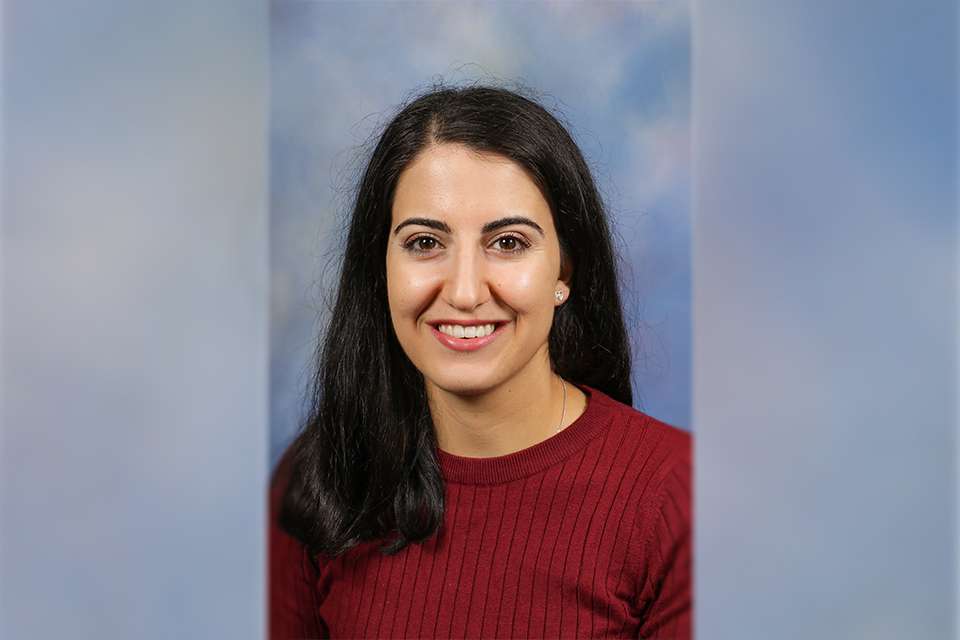Sleepy ‘autopilot’ can help or hurt your New Year’s resolutions – well-rested habit-making is key
Researchers from CQUniversity, the University of South Carolina and the University of Surrey recommend adding one more item to your list of New Year’s resolutions: getting enough sleep.
That’s because sleepiness increases reliance on habits – whether good or bad.
The findings have just been published in the Journal of Sleep Research, and lead author and habits expert Associate Professor Amanda Rebar said sleepiness led to ‘autopilot’.
“Our study shows this definitively: people were more likely to act habitually when they reported feeling sleepy. While this can result in higher levels of good habits, it can also lead individuals to fall back on bad habits,” says Assoc Prof Rebar, director of the Motivation and Health Behaviour Lab at USC’s Arnold School of Public Health.
More than 100 Australians and British participants shared their sleepiness levels and habits for the study, and researchers observed that when people were sleepier than what was typical for them, they were more likely to engage in habitual behaviours.
The Australian Institute of Health and Wellbeing estimates that 48 per cent of adult Australians regularly experience at least two sleep-related problems, and nearly a quarter don’t get enough sleep due to their typical weekday routine.
Sleepiness impacts alertness and the risk of falling asleep during typical waking hours – and the researchers say this state also impacts individuals’ ability to consciously regulate their behaviours.

CQUniversity Master of Professional Psychology alumnus Theresa McLaurin was a co-author of the study, conducting key research during her studies.
She said the impacts of sleepiness surprised the research team – and had made a difference personally.
“Our results suggest that sleepiness and habit strength are not primarily driven by stable personality traits, but are instead dynamic, influenced by situational factors such as the time of day,” she said.
“So habit formation, to develop desirable behaviours, is best done when people can resist their existing habits – when they’re wide awake and well rested.”
Mrs McLaurin is an experienced teacher, and will begin a provisional psychologist role in 2025.
“For me, these findings reinforce the importance of routines for students – establishing good classroom habits can help reduce cognitive load and support effective learning, especially during times like the afternoon slump when alertness naturally dips,” she said.
“In the clinic, I’ll also be encouraging my clients to consider their energy levels when planning activities, scheduling mindful, deliberate behaviours for peak alertness periods, and relying on well-formed habits during typical times of fatigue or sleepiness.”
For people still aspiring to good habits, watching TV instead of exercising, eating comfort foods over healthier choices, or falling back on existing undesired habits, can become more likely as sleepiness levels rise.
“When we’re trying to make positive changes to our behaviour, feeling drowsy can put us at real risk of lapsing back into our old, unwanted bad habits,” says co-author Dr Benjamin Gardner, director of the Habit Application and Theory group at the University of Surrey.
“Lapsing can cause us to lose confidence in our ability to change and make us give up.”
For those working toward New Year’s resolutions, the authors recommend getting enough sleep to ensure the alertness required to support new habits and maintain the willpower to fend off bad ones.
Assoc Prof Rebar, Mrs McLaurin and Dr Gardner co-authored the study with CQUniversity Appleton Institute sleep researchers Dr Grace Vincent and Ms Alexandra Shriane.
